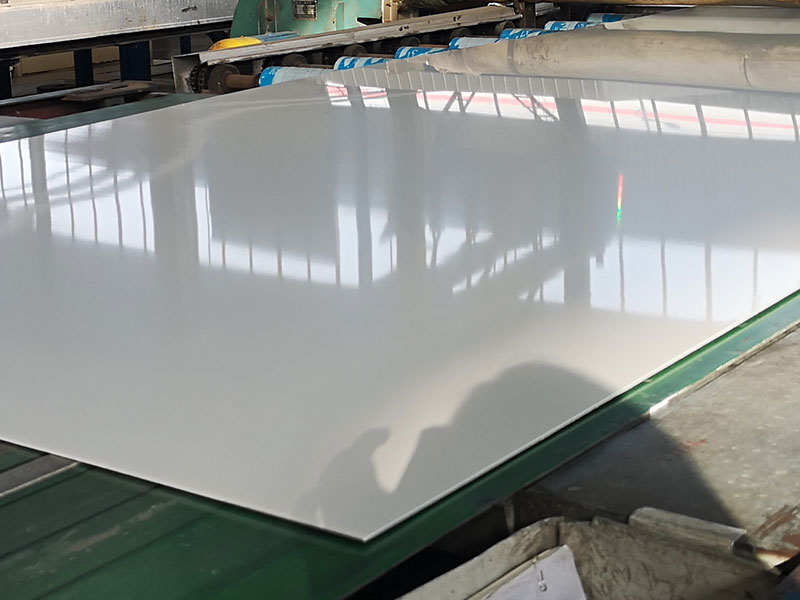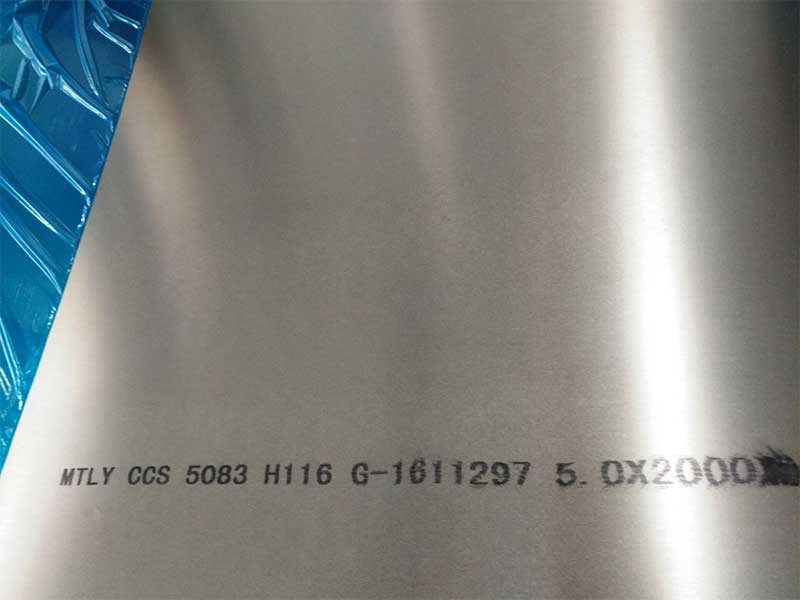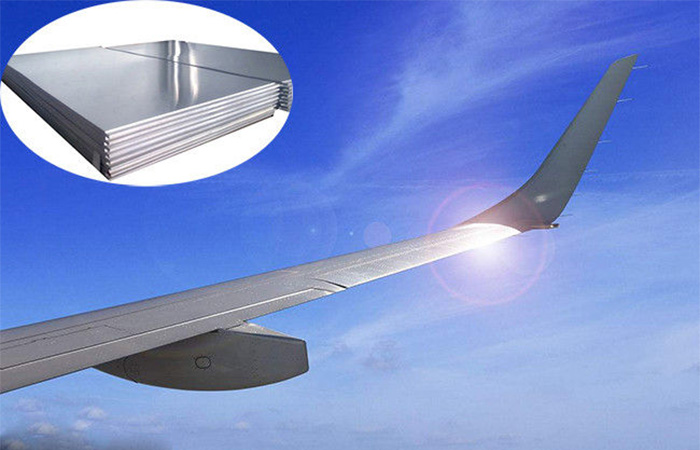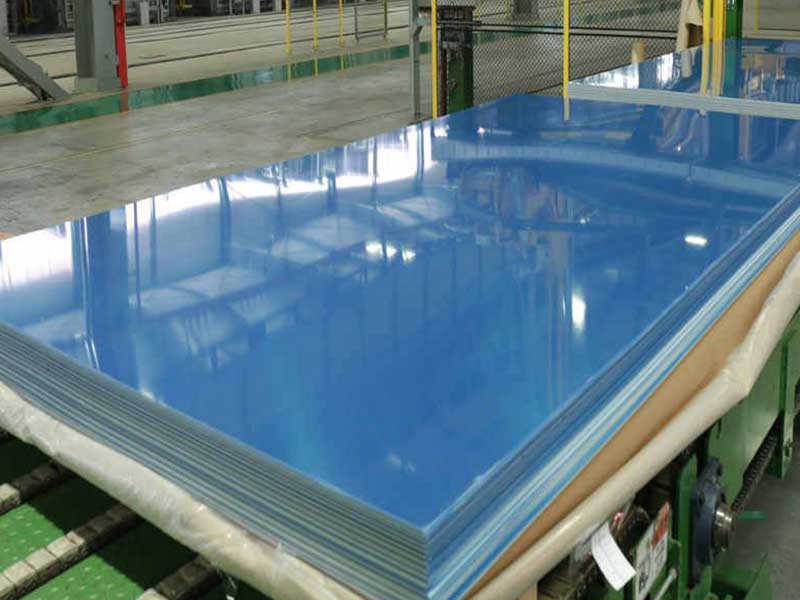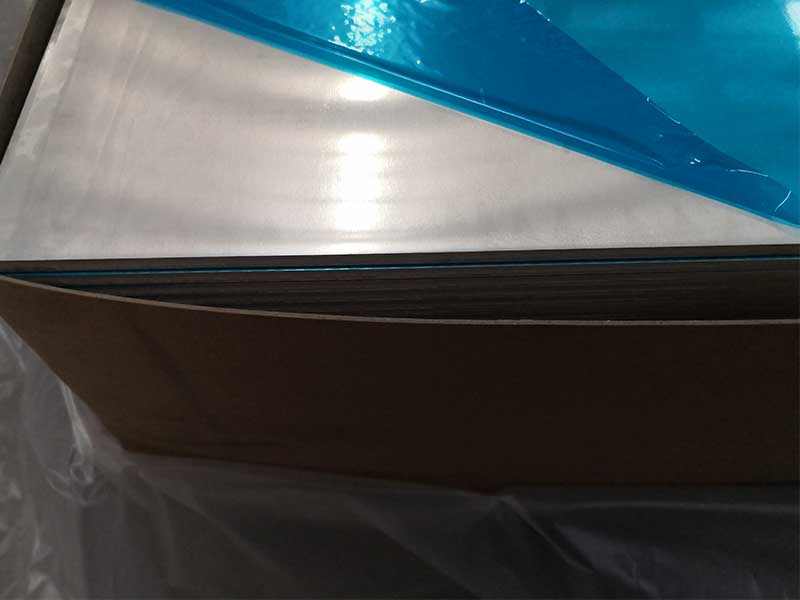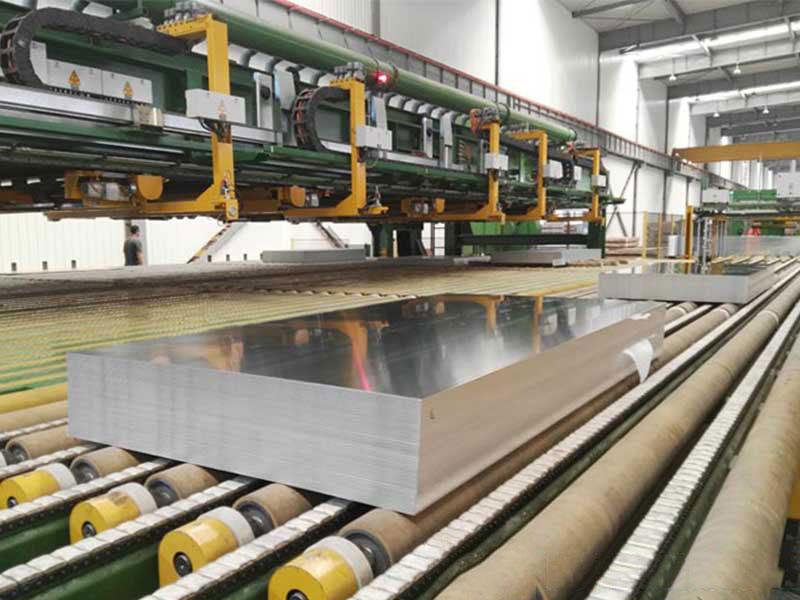Aluminum sheet 0.3mm 3003 3004 1050 1060 H12
Aluminum sheets have found extensive use across several industries due to their lightweight, strength, and excellent corrosion resistance. Among the various specifications available, the 0.3mm aluminum sheet is particularly favored for applications that demand flexibility and durability. Alloys such as 3003, 3004, 1050, and 1060 H12 play essential roles in providing unique properties that cater to specialized needs.
Features of Aluminum Sheet 0.3mm
1. Lightweight yet Strong
At just 0.3mm in thickness, aluminum sheets constructed with the 3003, 3004, 1050, and 1060 H12 alloys offer an unbeatable strength-to-weight ratio. This makes them incredibly popular for applications that prioritize form and function without adding significant weight.
2. Excellent Corrosion Resistance
Aluminum is naturally resistant to corrosion, thanks to the formation of a protective oxide layer. This property ensures the longevity of parts and products in harsh environments, particularly where exposure to moisture, chemicals, or weather conditions is prevalent.
3. Aesthetic Appeal
With a shiny, attractive finish, aluminum sheets enhance the aesthetic value of the final products. Their visual qualities make them excellent choices for consumer goods, architecture, and design-focused applications.
4. High Thermal and Electrical Conductivity
Both 3003 and 1060 H12 alloys exhibit impressive thermal and electrical conductivity, enabling their use in wires, cables, and heat exchangers without compromising form or effectiveness.
5. Formability
These aluminum alloys can be easily shaped, cut, or welded to meet specific application requirements. This characteristic proves essential in manufacturing processes that involve detailed designs.
Profiles of Key Alloys
1. Aluminum Alloy 3003
3003 alloy is known for its excellent corrosion resistance and formability. It has good weldability and is often utilized in interiors as well as exterior applications. It's a great choice for manufacturing storage tanks, chemical equipment, and cooking utensils.
2. Aluminum Alloy 3004
3004 alloy exhibits higher strength compared to 3003 and is commonly used in manufacturing can sheets and pressure vessels. When extra strength is necessary, alloy 3004 is the ideal choice, permitting thinner sheets while maintaining structural performance.
3. Aluminum Alloy 1050
1050 alloy holds a special place in applications requiring excellent corrosion resistance, particularly in chemical plants. It showcases better thermal conductivity, ideal for applications like food processing and heat exchangers.
4. Aluminum Alloy 1060 H12
As one of the purest aluminum alloys, 1060 H12 presents vertical electrical and thermal conductivity. This makes it suitable for items like reflectors, lampshades, and as a raw material for foil production.
Applications of 0.3mm Aluminum Sheets
- Aerospace
0.3mm aluminum sheets made from 3003 or 1060 alloys prove advantageous in the aerospace industry due to their lightweight and strength characteristics, contributing to fuel-efficient designs.
- Automotive
In automotive, these sheets predominantly belong to the body panels and interior components, where reducing weight contributes to better fuel efficiency.
- Electrical Industry
With high conductivity levels, aluminum sheets play a crucial role in transformers, wiring, and electrical enclosures. Alloys like 1050 are particularly sought after here.
- Architectural and Commercial Evidence
Architectural drawing often includes backing sheets and decorative elements made from aluminum alloys; the aesthetic properties combined with durability meet architects' concrete needs.
- Domestic Appliances
From refrigerator linings to computer casing, the ultrapure structure seen in 1050 and 1060 alloys is perfect for creating functional and beautiful everyday devices.
https://www.aluminumplate.net/a/aluminum-sheet-03mm-3003-3004-1050-1060-h12.html


